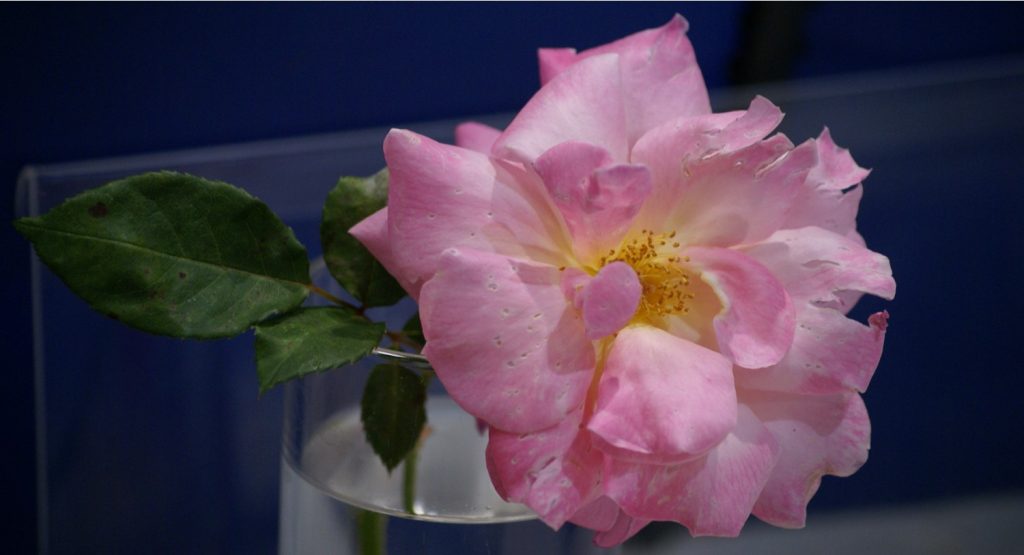
Mary came to see me after getting a cancer diagnosis. She had a lump, a mammogram and ultrasound and then a biopsy. All along she was given the message that the lump was probably nothing.
Then her oncologist called. She unleashed a torrent of words about treatments and prognosis and a tiny rushed sentence about the biopsy showing cancer. That was lost in the flow of words.
It seemed to Mary that the doctor was so intent on softening the blow and not exposing her to too much worry, that she had not allowed her time to sit with the diagnosis and be able to understand it.
As Mary spoke to other people she experienced the same behaviour. People rushed to shut down her attempts to talk about this shocking diagnosis. She found people making comments like “it is what it is”, “at least they caught it early”. And then they would move on quickly to another topic.
Mary felt these people did not want to listen to her. She felt alone and that it was wrong for her to ask for help.
Even the cancer professionals she encountered rushed to minimise her experience.
She felt her experience of a cancer diagnosis, one that would result in surgery, chemotherapy and radiation as well as follow up medications and doctor visits and the possibility of the cancer coming back, was being minimised.
Mary felt she was vulnerable. This diagnosis had shaken her and her assurance of the security of her life. It seemed to her that other people did not want to hear about her vulnerability. But she needed to talk about it.
Our society is really good at teaching children to avoid being vulnerable. There is an element where that is helpful. We are able to survive and adapt by pushing vulnerable feelings aside. That is great. But we are supposed to then be able to just be. To sit and visit those feelings.
If we avoid our vulnerability as human beings, we stop ourselves from experiencing the authenticity of our experience. Avoiding vulnerability creates barriers to connection with ourselves. Authenticity and connection to self is vital for our mental health and for coping with life.
It is hard. We are not taught to be okay with being vulnerable. And we are not taught to be okay with other people being vulnerable.
So we shut ourselves down and we try to shut others down.
This is most obvious when we go through hard times in life. A cancer diagnosis, a death of a loved one, losing a job, losing a house. These are classic examples of loss events that are often minimised.
Mary had good strengths. She realised she needed to discuss her issues with someone who would listen. So she came to see me.
In the counselling sessions, Mary was able to talk openly about her experience and feelings around her cancer diagnosis.
The counselling room was a safe space where Mary could be herself. She could speak openly and know that her experience would be treated as valid and there would be no attempt to minimise her experience.
She found it made a massive different to her ability to cope with the diagnosis and treatment.
Just being listened to, and being allowed to be vulnerable and explore her feelings made all the different for her in this time of cancer treatment.
If you need a place to talk to without your experience being minimised, please contact me on 0409396608 or nan@plentifullifecounselling.com.au
If you would like to learn more, I write a regular newsletter with interesting information, tips, information on courses, and the occasional freebie. At the moment I have a free mindfulness meditation for anyone who signs up to my newsletter. This meditation offers a way to safely explore your feelings and learn to be okay with them. If you would like to subscribe please click on the link here: http://eepurl.com/g8Jpiz
